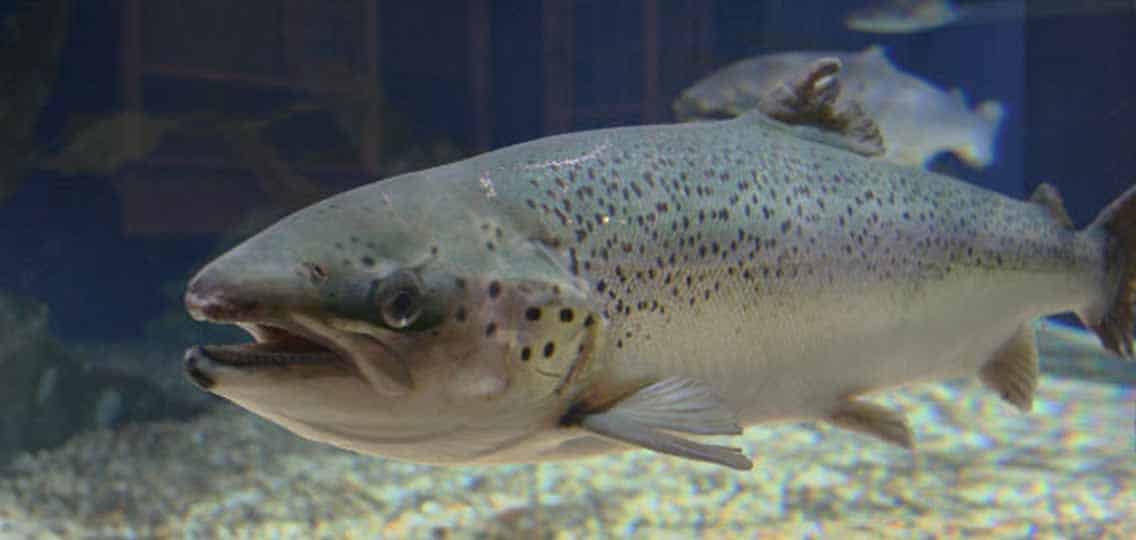Appeals court upholds decision requiring project to undergo a fulsome environmental assessment
ST JOHN’S, N.L./TRADITIONAL TERRITORY OF THE BEOTHUK AND MI’KMAQ –
The Newfoundland and Labrador Court of Appeal confirmed yesterday that the province’s environmental assessment of the Indian Head Hatchery (IHH) expansion was improperly scoped and therefore unlawful. The expansion cannot proceed unless a new assessment is conducted.
Ecojustice, on behalf of local grassroots groups and individuals concerned about the health of wild Atlantic salmon populations, welcomes the Court’s decision as an important victory for Newfoundland and Labrador’s wild fish.
The Court’s decision affirms that aquaculture projects in the province should not proceed without a robust and comprehensive environmental assessment. This is an important step in ensuring that endangered wild Atlantic salmon have a chance at recovery.
Wild Atlantic salmon populations have declined 45 per cent since 2015, according to an Atlantic Salmon Federation report in June 2018. Many factors exacerbated by open net pen aquaculture, including warming waters due to climate change and overfishing, are thought to contribute to the decline. Much of this is exacerbated by open net pen aquaculture.
Aquaculture poses an increased risk to the province’s already vulnerable wild salmon populations. Escaped salmon can mate with wild salmon, harming the genetic stock of an already vulnerable population. They can also transfer diseases and sea lice. The South Newfoundland Atlantic salmon population is classified as threatened and is the group most heavily impacted by open net pen aquaculture.
Sarah McDonald, Ecojustice lawyer said:
“We are pleased with the Court’s decision confirming that aquaculture projects in Newfoundland and Labrador can’t proceed without a robust and comprehensive environmental assessment.
“The decision sews up a glaring loophole in the Province’s aquaculture regulations, rightfully putting the protection of wild Atlantic salmon before industry interests.
“Now Newfoundland and Labrador must act quickly to strengthen its regulatory approach to protect its rapidly declining wild salmon populations.”
John Baird, President of the Freshwater-Alexander Bays Ecosystem Corporation, said:
“Salmon conservation groups are very pleased with this ruling. Aquaculture projects can cause significant environmental damage and threaten our already vulnerable wild salmon populations. This decision has taken into account public concerns that our coastal ecosystems be prioritized over industry. We will continue to monitor this project if it goes forward to ensure all concerns about this industry’s impact are thoroughly considered.”
About:
Ecojustice uses the power of the law to defend nature, combat climate change, and fight for a healthy environment. Its strategic, public interest lawsuits and advocacy lead to precedent-setting court decisions and law and policy that deliver lasting solutions to Canada’s most urgent environmental problems. As Canada’s largest environmental law charity, Ecojustice operates offices in Vancouver, Calgary, Toronto, Ottawa, and Halifax.

